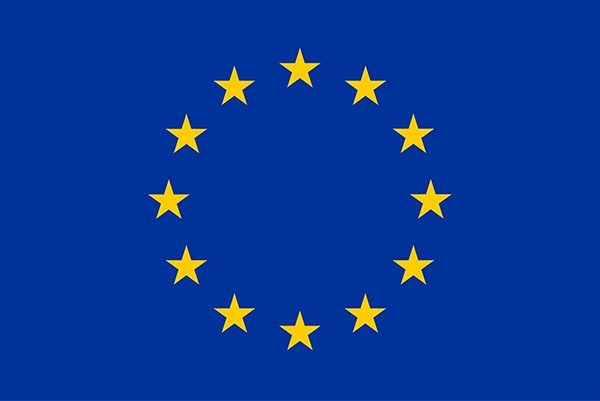Go Yoshizawa & Nozomi Mizushima, Brussels, 27 February 2019
- Management of Citizen Science Organisations
Citizen science (CS) practitioners and supporters should facilitate fair and inclusive management of CS organisations, with special attention to gender and inter-generational issues. - Evidence-informed Approach
CS practitioners and supporters should analyse, archive and publicly share their evidence-informed (explicit or tacit) knowledge of radioactive measurement, risk management and policy evaluation. Openness and transparency would enhance their legitimacy and effectiveness, and facilitate building partnerships with other actors. - Public Engagement
CS practitioners and supporters should consider building social capital, modelling community leaders and narrating compelling stories in order for the public to sustainably and positively engage with CS. - Grounded Practice
Policymakers and journalists should not only focus on the scientific and democratic aspects of CS but also illuminate its individual and communal aspects. For this they should support ways to make CS activities more visible, inclusive and sustainable in society. - Expert Engagement
All the relevant actors should carefully consider and monitor professional scientists’ scientific achievements and social attitudes, and foster a critical attitude by reflecting on their background, affiliation and activity. - Multi-level Governance
All the relevant actors should deliberate on how they can allocate their tasks and cooperate with each other at different levels (i.e. central government, local authority and community levels) of radioactive measurement governance, reflecting local knowledges and values. - International Collaboration
All the relevant actors in Japan should demonstrate more accountability and responsibility to the international community by increasing opportunities to interact, cooperate and collaborate with actors outside Japan (e.g. international oversight bodies). They should emphasise in such interactions that Japan has a long and rich tradition of citizen science and nuclear issues, from which much can be learned.
